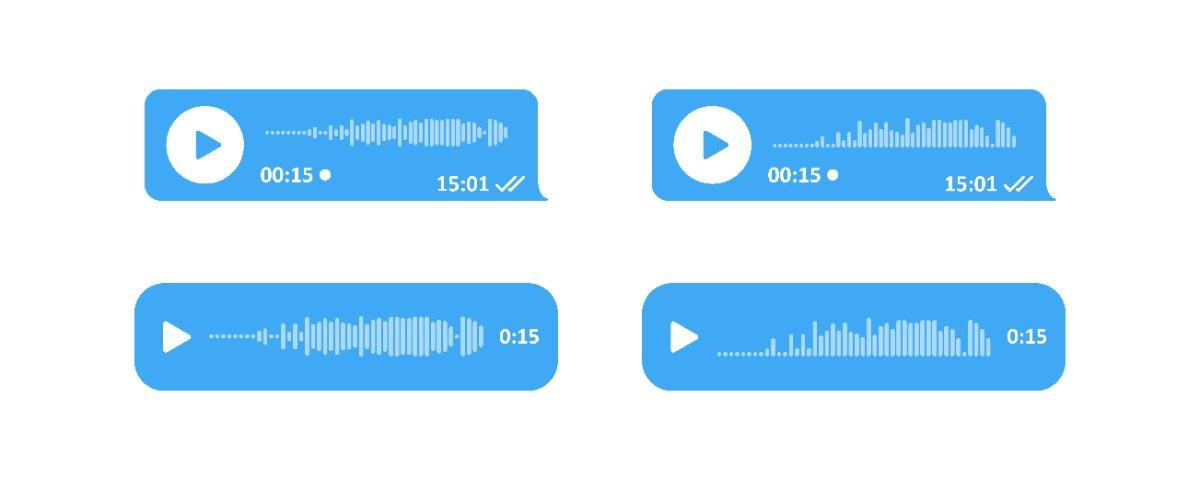
- posted: Jul. 20, 2022
- Defamation
The Johnny Depp-Amber Heard defamation trial, which occupied public attention for weeks, finally came to an end on June 1. While the public focused on the salacious details of the couple’s relationship, an important part of the case involved wiretapping. Depp recorded some of his telephone conversations with Heard without her consent or knowledge and these recordings were used as evidence at the trial. But state laws vary widely on when recording telephone conversations is legal and when it is admissible in court.
Generally, phone calls can be legally recorded if there is consent, but consent means different things in different places. The states are essentially divided into two camps: one-party consent and all-party consent. One-party consent requires only that one person involved in the telephone conversation agree to being recorded. Most states, the District of Columbia and federal law allow one person to record the phone calls made or received with one or more other people. However, 13 states, including Pennsylvania, require that all parties on the call consent to the recording. A recording that violates a state’s consent law is inadmissible in that state’s courts.
There are other differences in telephone recording laws. Requirements and exceptions vary even within the same type of jurisdiction. For example, some all-party consent states permit people to record police officers on official business without the officers’ consent. Other all-party states have no such exceptions. In addition, some states, such as Pennsylvania, impose civil and/or criminal penalties for illegal wiretapping. Jurisdictions also differ on how legal and illegal phone recordings can be used in court and other proceedings. A qualified criminal law attorney can provide further information in a specific matter.
Having different legal structures for recording phone conversations is not a major issue if everything occurs in one jurisdiction. Oftentimes that is simply not the case. Many conversations involve parties from different states, or even multiple parties from several different states. In these situations, conflict of law issues arise. It is often unclear which laws apply in a given scenario. The choice of law can have a great impact on the case.
In the Johnny Depp case, the recorded telephone conversations helped the actor win a multimillion-dollar civil verdict against his ex-wife. Virginia, where the trial occurred, is a one-party consent state. Now suppose that Depp’s phone recordings were considered under Pennsylvania law. As an all-party jurisdiction with criminal penalties, Depp might have been prosecuted under the state’s wiretapping statute. This would have been a felony, with a conviction possibly resulting in a long prison sentence.
Located in Somerset, attorney Matthew R. Zatko is one of southwest Pennsylvania’s most respected litigators. I work diligently with the goal of obtaining the best possible results for every client. If you have a criminal charge pending against you, feel free to call 814-443-1631 or contact me online for a consultation.



